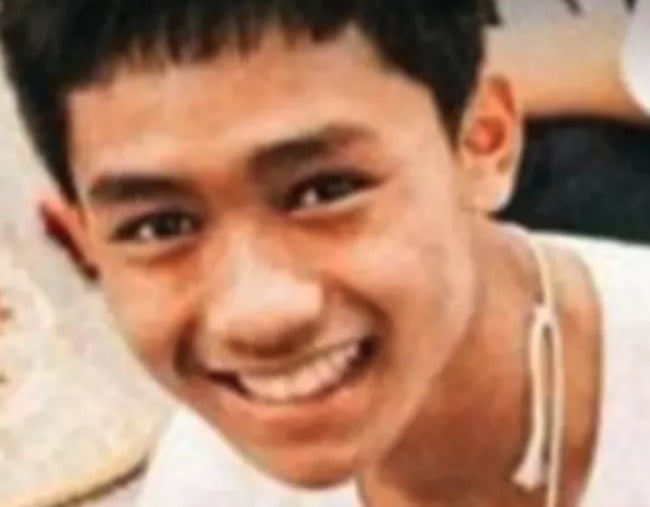
It was July 2, more than nine days since 12 boys from a Thai soccer team and their assistant coach had gone missing somewhere inside the Tham Luang cave in North Thailand, when they were finally found by two British divers.
They were huddled in the dark, desperately trying to stay warm. Their assistant coach, 25-year-old former Buddhist monk Ekapol Chanthawong had been teaching the boys meditation in an attempt to keep them calm. Reports say he had given all his food to the boys in his care, taking none for himself.
All 13 looked skeletal, according to the divers.
But it was Adul Sam-on, a 14-year-old born in Myanmar, who played a critical role in the rescue that followed.
When he was six years old, Adul escaped a village in Myanmar known for, according to The Sydney Morning Herald, guerrilla warfare, methamphetamine trafficking and opium cultivation. He had been born to a family that belonged to the Wa ethnic group – a tribe that is currently stateless.
His parents had fled to Thailand, desperate to protect Adul from a likely fate of being coerced into the local violent guerrilla force. They hoped their son could receive an education, offering the potential for a better life.
Thai boys rescued from flooded cave. Post continues.
It was because of this education that he was proficient in five languages, including English, making Adul the conduit that connected the trapped Thai boys with the outside world.




























































































